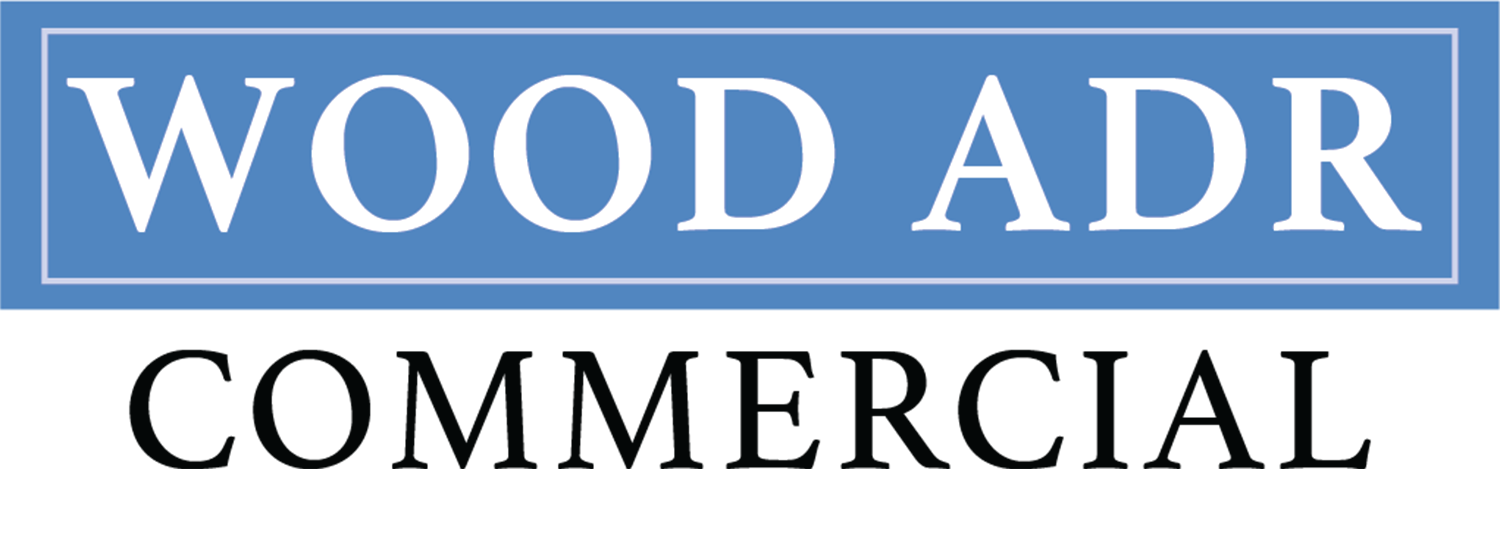The Intersection of Parody and Misappropriation of Publicity Rights
Laws are made in certain time periods, and then must be adjusted as time marches on and technology, knowledge, and politics shift. Unfortunately, much of this adjustment is slow-moving and difficult to steer accurately, leading to frequent periods of time when applicable laws are outdated or difficult to apply to modern situations. The laws governing misappropriation of publicity rights are currently going through one of these periods of difficult interpretation due to the development of the modern Internet, especially social media.
Parody Protections
Parody is protected speech, but the issue becomes murkier when an intellectual property attorney in California is asked to consider the case of a parody Twitter account using the image and likeness of a celebrity. A recent example of this precise situation is the @jamesdean Twitter account. The account had no commercial sales purpose and was created and operated strictly for amusement, but the licensee holding the rights to James Dean’s likeness protested on the grounds of misappropriation of publicity.
Although Twitter allows certain “parody accounts” to exist, citing applicable free speech provisions protecting parody, it shut down the @jamesdean account without explanation.
Which Law Applies?
The question an intellectual property attorney in California must wrestle with increasingly is what law is supreme in the realm of parody in social media. On the one hand, parody is certainly a protected form of speech. On the other hand, a Twitter account using a celebrity’s likeness and persona that gains tens of thousands of followers has a clear economic value, whether that value is being exploited currently or not.
Anyone with a celebrity status at any level should consult an intellectual property attorney in California in order to ensure their rights and prevent misappropriation of publicity.

